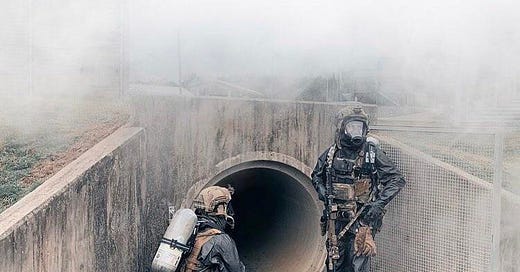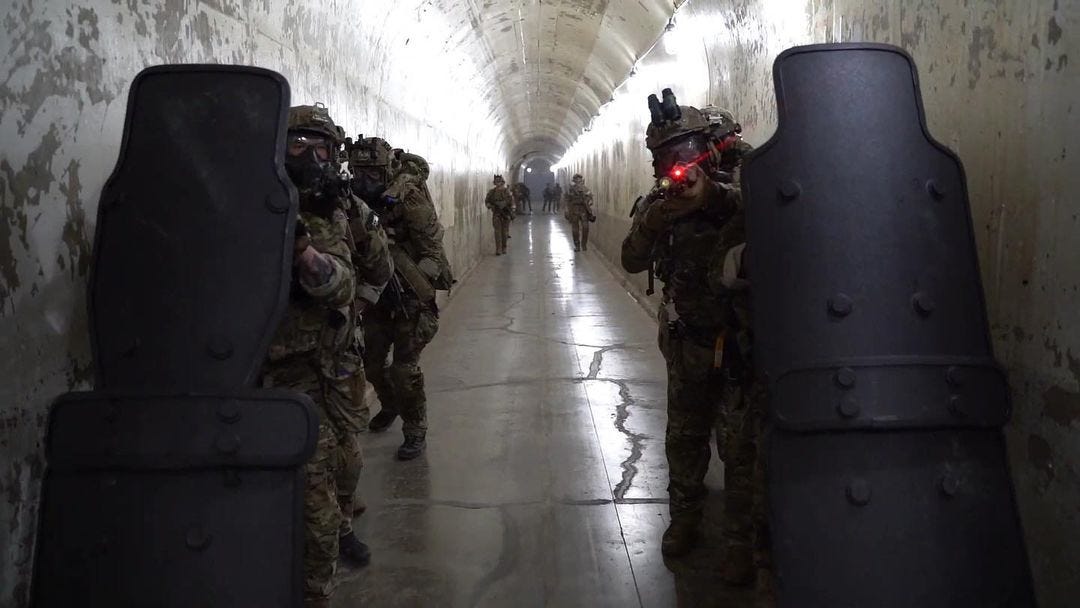The Gaza tunnels, often mentioned in modern news reports, are not a recent invention on the battlefield. Since the Middle Ages—and even earlier—tunnels have played a crucial role in warfare strategy. In France, for instance, army sapper units used these techniques to undermine enemy fortifications.
In the Middle Ages, tunneling was a common tactic used to bypass the imposing defenses of castles and fortified cities. Sappers would secretly dig beneath walls, establishing mines filled with flammable materials, which they would later ignite to cause the walls to collapse.
The French army refined this technique over the centuries. Sapper troops were trained to dig quickly and efficiently while avoiding detection. These tunnels were not only used for destruction—they also served as protected communication routes, arms depots, and shelters for troops.
The Gaza tunnels fall within this long-standing tradition. Although their objectives differ—mainly for transporting goods and people, concealing troop movements, and occasionally launching surprise attacks—the fundamental strategy remains the same. In an environment dominated by aerial surveillance and high technology, tunnels offer a way to rebalance the power dynamic.
And that is where the true power of tunnels lies. In these narrow underground corridors, the technological and digital advantages of modern armies are neutralized. It becomes man-to-man combat: without external intelligence, without air support, without medical evacuation, and without reinforcements. Each confrontation becomes a pure test of skill, courage, and determination.
Tunnels, by eliminating conventional advantages, level the battlefield. In a world increasingly dominated by technology, tunnels serve as a reminder that sometimes, the oldest methods can be the most effective.
Whether in Gaza or once used by French sappers, tunnels represent a strategic constant throughout the history of war. They symbolize perseverance, ingenuity, and humanity’s ability to adapt and overcome—even in the face of seemingly insurmountable adversaries.





